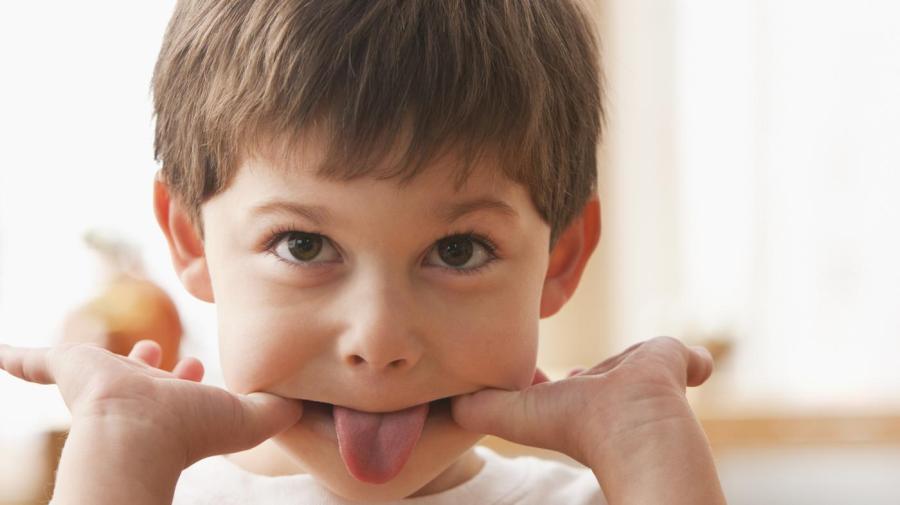What Is Typical Immature Behavior?

Typical immature behavior in children, teens and adults is conduct that tends to portray an individual as younger than his or her true age. Characteristics may include chronically making self-centered choices, inability to think and reason independently, demanding a great deal of attention and exhibiting “baby” traits, such as crying and pouting.
People with immature personality disorder are unable to deal with stressful situations and often maintain a worldview that originates within their own imagination, according to MediTrenz. They can be excessively emotional and easily lose their temper. It is difficult for victims of this disorder to take responsibility for their actions or look beyond the present in order to plan for the future. Mood swings are a common symptom, and as they mature, sufferers are unable to accomplish the milestones that are generally regarded as normal for specific age levels. Families that are warm and close are more likely to nurture children into emotionally healthy adults. On the other hand, children raised in troubled, dysfunctional homes can turn out to be nervous, non-trusting grown-ups who have difficulty using mature coping methods to deal with conflict and adversity. The Grant Study of Adult Development, begun in 1938, has shown that abusing alcohol poses a great risk for immature men.





